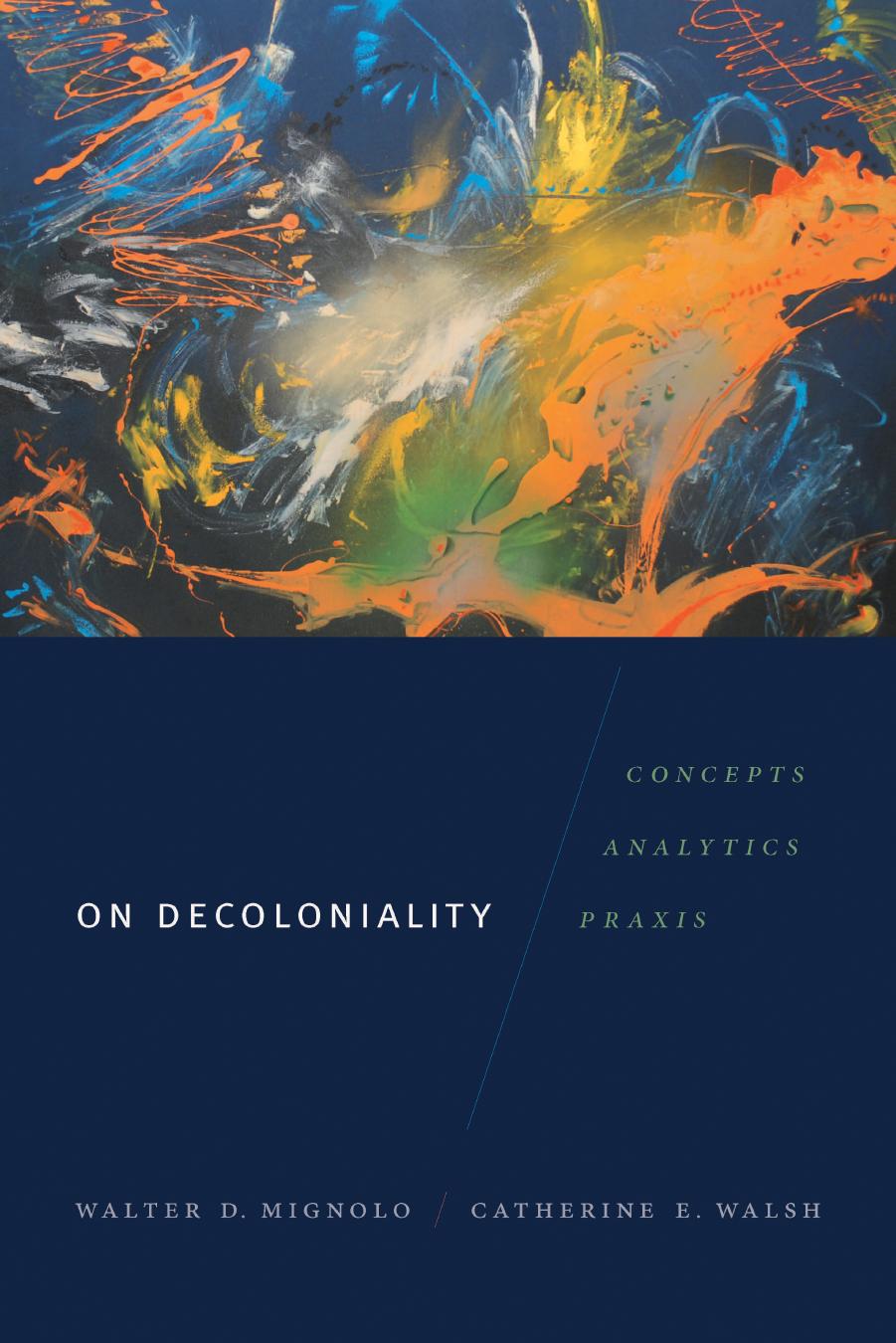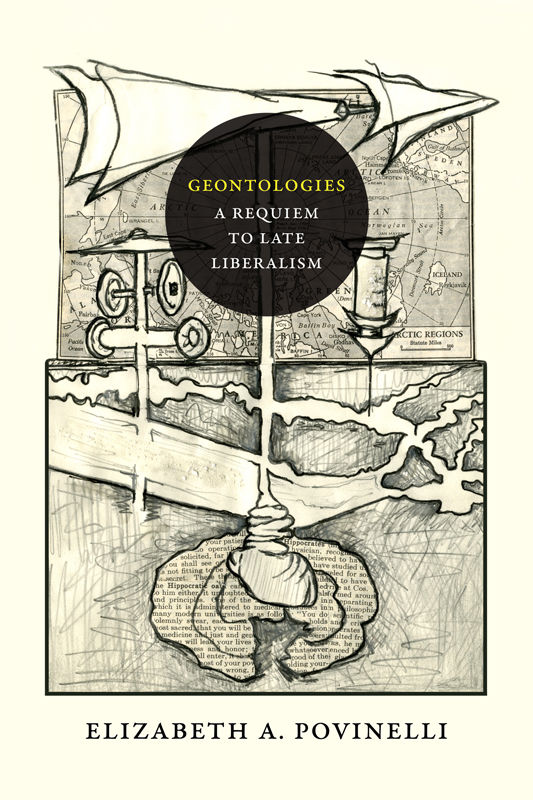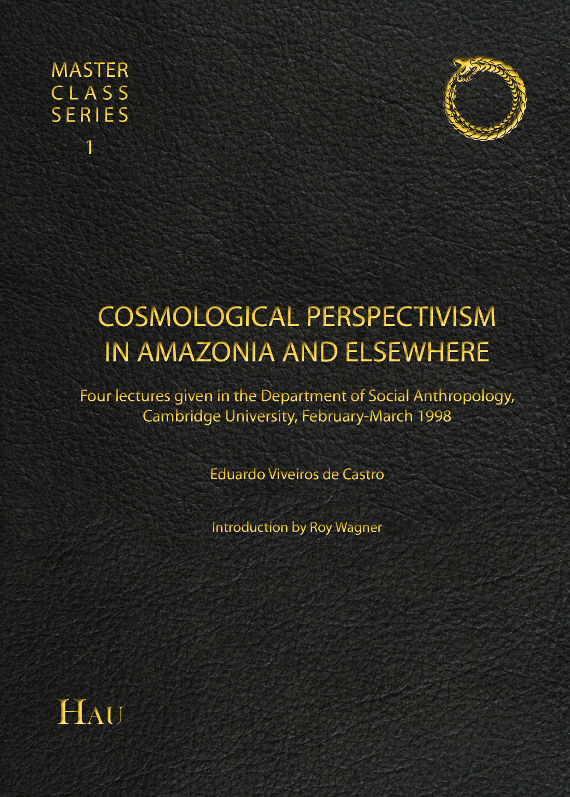Walter D. Mignolo, Catherine E. Walsh: On Decoloniality: Concepts, Analytics, Praxis (2018)
Filed under book | Tags: · africa, capitalism, colonialism, cosmology, decoloniality, decolonization, eurocentrism, gender, indigenous peoples, knowledge, modernity, neoliberalism, pedagogy, race, racism, theory, university, zapatistas

“In On Decoloniality Walter D. Mignolo and Catherine E. Walsh explore the hidden forces of the colonial matrix of power, its origination, transformation, and current presence, while asking the crucial questions of decoloniality’s how, what, why, with whom, and what for. Interweaving theory-praxis with local histories and perspectives of struggle, they illustrate the conceptual and analytic dynamism of decolonial ways of living and thinking, as well as the creative force of resistance and re-existence. This book speaks to the urgency of these times, encourages delinkings from the colonial matrix of power and its ‘universals’ of Western modernity and global capitalism, and engages with arguments and struggles for dignity and life against death, destruction, and civilizational despair.”
Publisher Duke University Press, Durham, 2018
On Decoloniality series, 1
ISBN 9780822370949, 0822370948
xiii+291 pages
Reviews: Sara Castro-Klarén (MLN, 2019), Sneja Gunew (Postcolonial Text, 2019), Kirsten Mundt (Cultural Studies, 2019), Laura Maria de Vos (Transmotion, 2018), Joe Parker (Society+Space, 2020).
PDF (4 MB, updated on 2020-1-26)
Comment (0)Elizabeth A. Povinelli: Geontologies: A Requiem to Late Liberalism (2016)
Filed under book | Tags: · anthropocene, assemblage, being, biopolitics, capital, difference, ethnology, geology, geontopower, governance, indigenous peoples, liberalism, life, ontology, power

“In Geontologies Elizabeth A. Povinelli continues her project of mapping the current conditions of late liberalism by offering a bold retheorization of power. Finding Foucauldian biopolitics unable to adequately reveal contemporary mechanisms of power and governance, Povinelli describes a mode of power she calls geontopower, which operates through the regulation of the distinction between Life and Nonlife and the figures of the Desert, the Animist, and the Virus. Geontologies examines this formation of power from the perspective of Indigenous Australian maneuvers against the settler state. And it probes how our contemporary critical languages—anthropogenic climate change, plasticity, new materialism, antinormativity—often unwittingly transform their struggles against geontopower into a deeper entwinement within it. A woman who became a river, a snakelike entity who spawns the fog, plesiosaurus fossils and vast networks of rock weirs: in asking how these different forms of existence refuse incorporation into the vocabularies of Western theory Povinelli provides a revelatory new way to understand a form of power long self-evident in certain regimes of settler late liberalism but now becoming visible much further beyond.”
Publisher Duke University Press, 2016
ISBN 9780822362111, 0822362112
xii+218 pages
Interview with author: Mathew Coleman and Kathryn Yusoff (Theory, Culture & Society, 2017).
Reviews: Shela Sheikh (Avery Review, 2017), Robin Wright (Society+Space, 2017), Eve Vincent (Australian Aboriginal Studies, 2017), Timothy Neale (Australian Journal of Anthropology, 2017), Andrea Muehlebach (Anthropological Quarterly, 2018), Jean-Thomas Tremblay (Critical Inquiry, 2018), Elizabeth R Johnson, Garnet Kindervater, Zoe Todd, Kathryn Yusoff, Keith Woodward (with author’s response, EPC: Politics and Space, 2019).
Comment (0)Eduardo Viveiros de Castro: Cosmological Perspectivism in Amazonia and Elsewhere (2012)
Filed under book | Tags: · animal, anthropology, body, cosmology, culture, ethnography, indigenous peoples, nature, object, ontology, perspective, perspectivism

“A tour-de-force in the anthropology of ours and other cosmologies. The first official version of the lessons which sparked one of the most influential anthropological movements of the twenty-first century. Four lectures given in the Department of Social Anthropology, Cambridge University, February-March 1998.” (from the back cover)
“The subject of these lectures is that aspect of Amerindian thought which has been called its “perspectival quality” or “perspectival relativity”: the conception, common to many peoples of the continent, according to which the world is inhabited by different sorts of subjects or persons, human and nonhuman, which apprehend reality from distinct points of view. I shall try to persuade you that this idea cannot be reduced to our current concept of relativism, which at first it seems to call to mind. In fact, it is at right angles, so to speak, to the opposition between relativism and universalism.” (from page 45)
With an Introduction by Roy Wagner
Publisher HAU, Manchester, 2012
HAU Masterclass Series, 1
Creative Commons Attribution-NonCommercial-NoDerivs 3.0 Unported
ISSN 2049-4769
168 pages
PDFs, EPUBs, HTML (from the publisher)
single PDF (6 MB)
For more from Viveiros de Castro see Monoskop wiki.
Comment (0)
